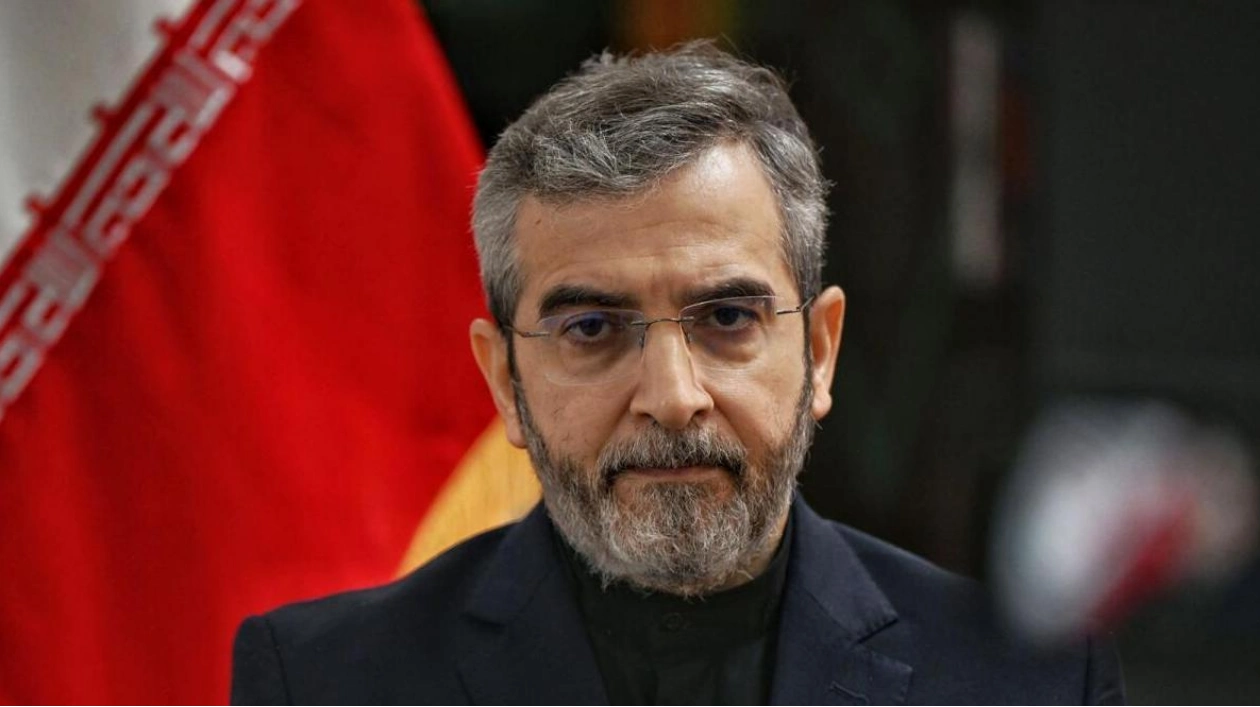Israel made a significant "strategic error" by killing Hamas political leader Ismail Haniyeh in Tehran last week, according to Iran's acting foreign minister in an interview with AFP on Thursday.
"The act carried out by the Zionists in Tehran was a strategic mistake as it will severely cost them," Ali Bagheri stated, following his attendance at an extraordinary session of the Organisation of Islamic Cooperation (OIC) in Jeddah, Saudi Arabia. Although Israel has not officially commented on Haniyeh's death, Iran has promised to retaliate, heightening tensions in the region. Bagheri accused Israel of seeking to "escalate tension, war, and conflict into other countries," while claiming that Israel is not capable of engaging in a conflict with Iran.
The OIC, comprising 57 member states, issued a declaration holding Israel "fully responsible" for the "heinous" killing of Haniyeh, who was a key figure in negotiations to end the war in the Gaza Strip. Despite growing concerns of regional escalation and calls for restraint from Washington, Bagheri informed AFP that OIC members expressed support for Iranian retaliation.
The conflict in Gaza started with Hamas's October 7 attacks on southern Israel, resulting in the deaths of 1,198 people, predominantly civilians. Palestinian militants captured 251 hostages, 111 of whom remain in Gaza, including 39 reported dead by the Israeli military. Israel's retaliatory military campaign in Gaza has claimed at least 39,699 lives, according to the Hamas-run health ministry.
Yahya Sinwar, the alleged architect of the October 7 attacks, was appointed as the new leader of Hamas following Haniyeh's death. Analysts suggest that Sinwar is less inclined to agree to a ceasefire in Gaza and has closer ties to Tehran than Haniyeh. Bagheri praised Sinwar's appointment, stating it brings "hope, cohesion, authority, and victory for the Hamas movement, the heroic nation of Palestine, and the axis of resistance."
Hamas's ally, Hezbollah, has vowed to retaliate for Haniyeh's killing and the death of its military commander Fuad Shukr in an Israeli strike in Beirut. Bagheri noted that Hezbollah and other Iran-backed groups in the region share "similar goals" but will make independent decisions on how to pursue them.
Bagheri urged Washington and other countries to stop supplying arms to Israel for use in Gaza and called for the severance of economic aid and diplomatic relations with Israel.






